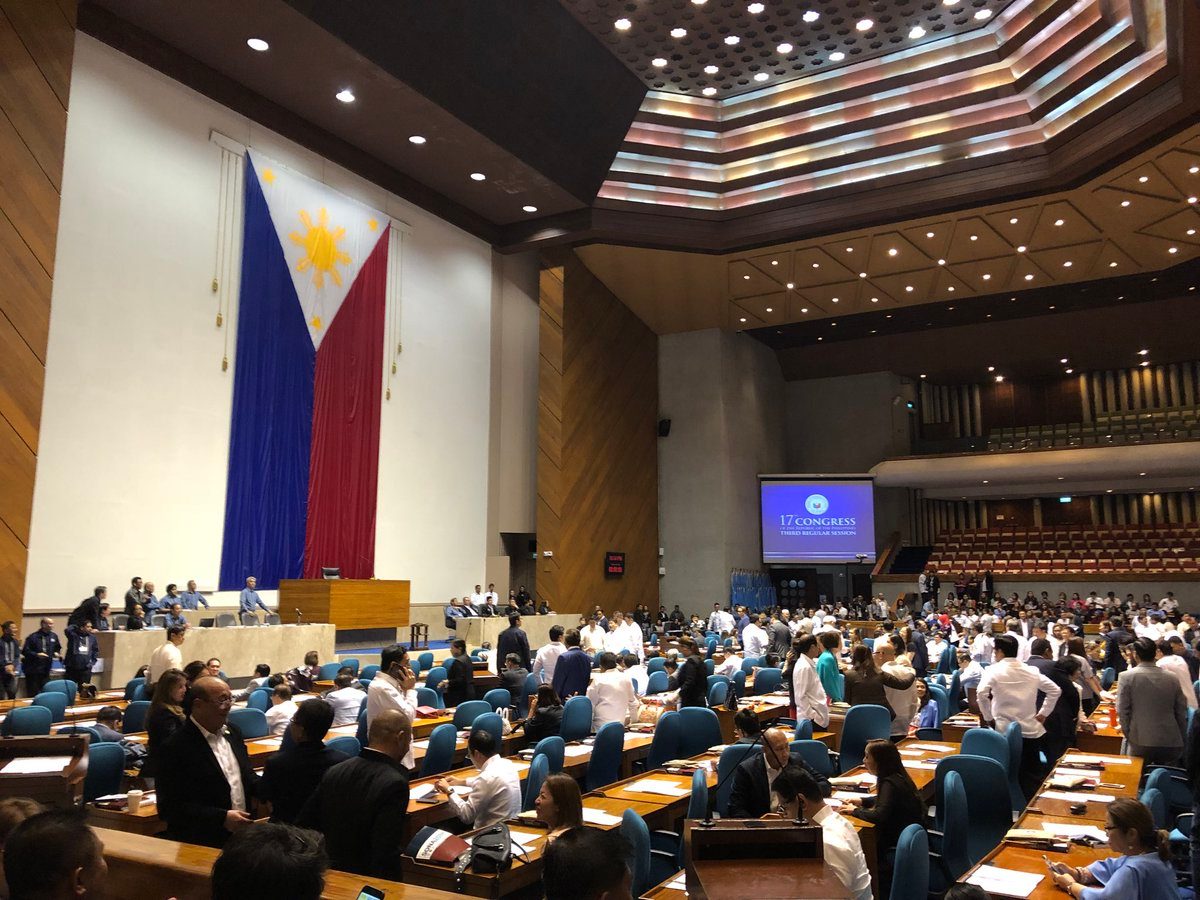SUMMARY
This is AI generated summarization, which may have errors. For context, always refer to the full article.

MANILA, Philippines – The House of Representatives finally ratified the bicameral conference committee (bicam) report on the Bangsamoro Organic Law (BOL).
Speaker Gloria Macapagal Arroyo made good on her promise for the lower chamber to ratify the BOL during the session on Tuesday, July 24.
This was a process that should have happened on Monday, July 23, but got delayed after the ouster of Davao del Norte 1st District Representative Pantaleon Alvarez as House Speaker, and Arroyo’s subsequent election.
Critics have slammed the takeover in the House, as the power play among lawmakers delayed the passage into law of the landmark bill that would abolish the Autonomous Region in Muslim Mindanao (ARMM) and replace it with the more powerful Bangsamoro Autonomous Region.
The bicam wanted both the House and the Senate to ratify the measure on Monday morning, before President Rodrigo Duterte’s 3rd State of the Nation Address (SONA). Bicam members spent 6 grueling days just to finish the amendments to beat their own deadline.
Senators were able to ratify the bicam report on the BOL in their morning session on Monday.
During his SONA, Duterte said he would be able to sign the BOL into law within 48 hours. (READ: After Bangsamoro law, a bright yet bumpy path to peace)
Once signed, the BOL would establish the Bangsamoro government, headed by a chief minister and a ceremonial leader called a Wali.
There would also be a parliament composed of 80 members – 50% party representatives, 40% district representatives, and 10% sectoral representatives, including two reserved seats for “non-Moro indigenous peoples and settler communities.” A Shari’ah High Court would be created as well.
The bill also grants fiscal autonomy to the Bangsamoro, which would have a 75-25 wealth sharing scheme with the national government.
An annual block grant, pegged at a 5% share of the national internal revenue or some P59 billion, would also be automatically appropriated to the region without any conditions. – Rappler.com
Add a comment
How does this make you feel?
There are no comments yet. Add your comment to start the conversation.